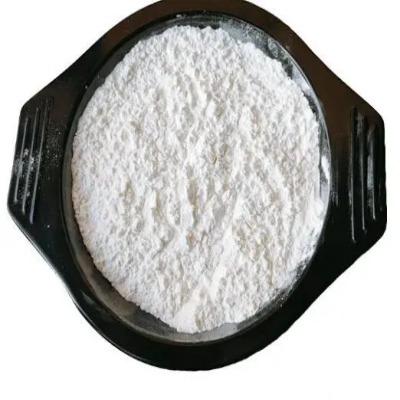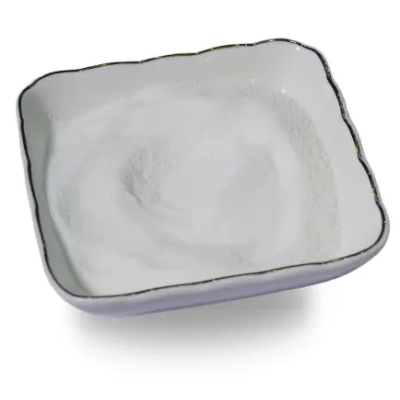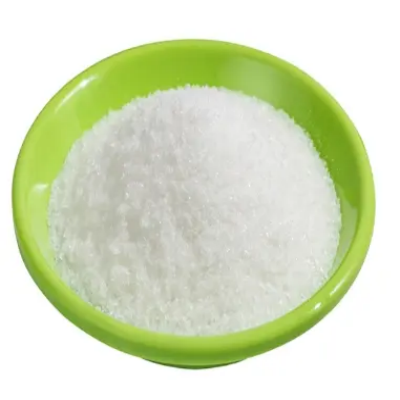Tris(dibenzylideneacetone)dipalladium-chloroform adduct CAS:52522-40-4
Tris(dibenzylideneacetone)dipalladium-chloroform adduct, also known as Pd2(dba)3·CHCl3, is a versatile catalyst in cross-coupling reactions, such as the Suzuki-Miyaura and Buchwald-Hartwig reactions, which are essential in the construction of complex organic molecules. It facilitates the coupling of aryl halides or pseudohalides with organoboron or organometallic reagents, enabling the synthesis of pharmaceuticals, agrochemicals, and specialty chemicals. Moreover, Pd2(dba)3·CHCl3 is employed in the functionalization of organic compounds, the preparation of polymers, and the production of advanced materials with tailored properties. Its high catalytic efficiency and stability make it a valuable tool for chemists and researchers in academia and industry, allowing for the controlled and efficient formation of desired chemical bonds. Additionally, Tris(dibenzylideneacetone)dipalladium-chloroform adduct finds applications in the field of homogeneous catalysis for sustainable chemical processes, enabling the development of environmentally friendly and efficient synthetic routes. It plays a crucial role in the synthesis of fine chemicals, pharmaceutical intermediates, and specialty materials, contributing to advancements in various industries and scientific research. Overall, Pd2(dba)3·CHCl3 is a highly effective catalyst with diverse applications in organic synthesis, materials science, and chemical industry, facilitating the synthesis of complex molecules and the production of innovative materials with specific properties. Its versatility and reactivity make it an invaluable asset for researchers seeking to advance chemical knowledge and create novel compounds for a wide range of applications.
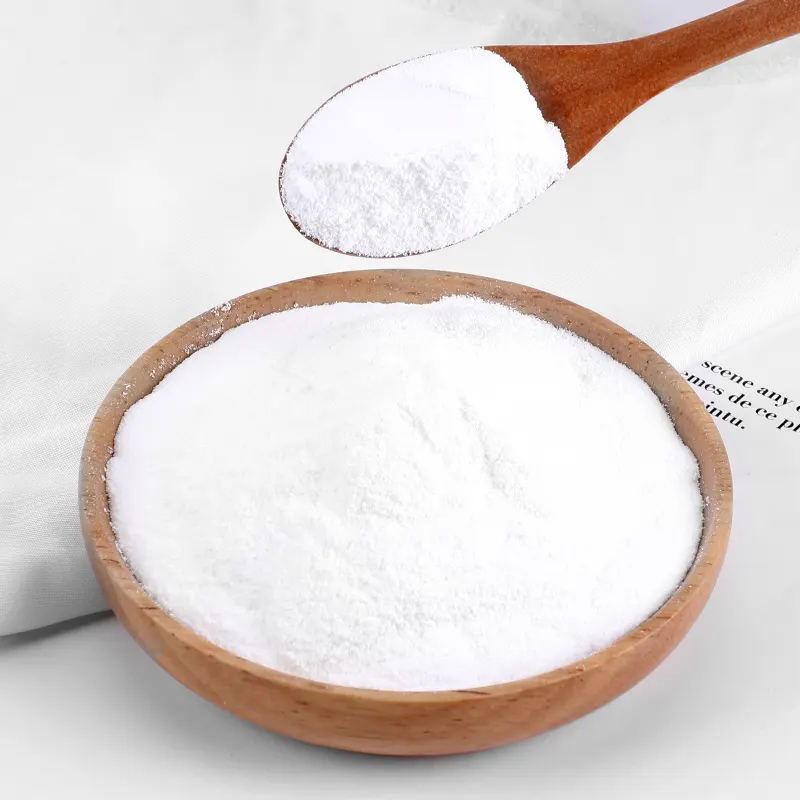
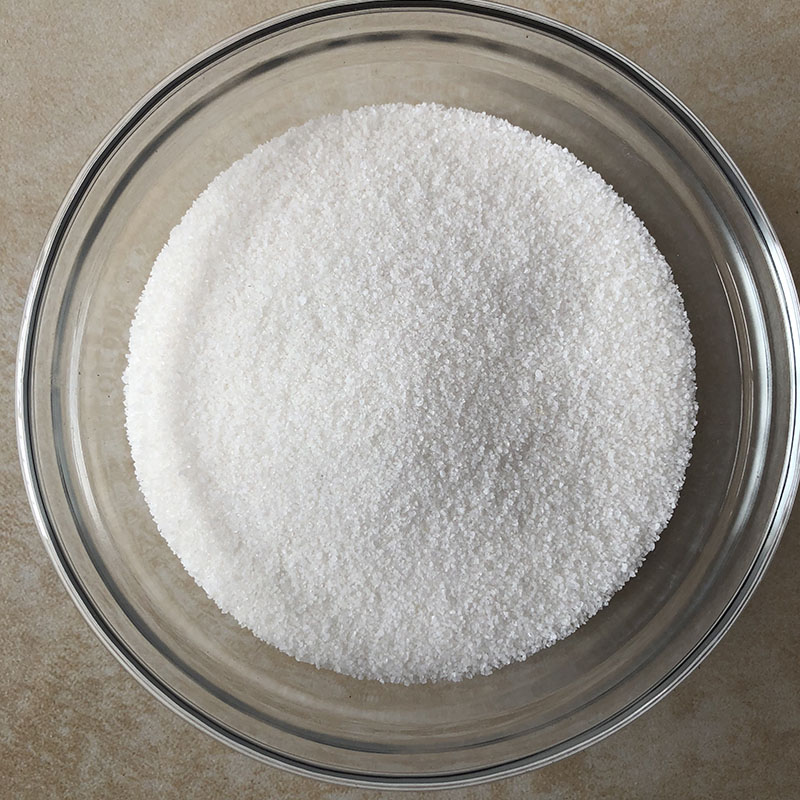

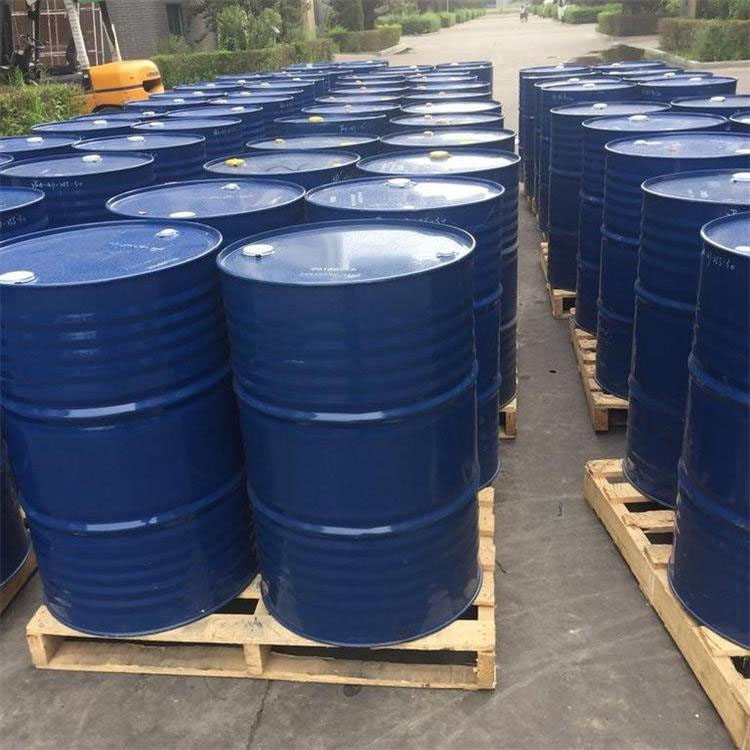
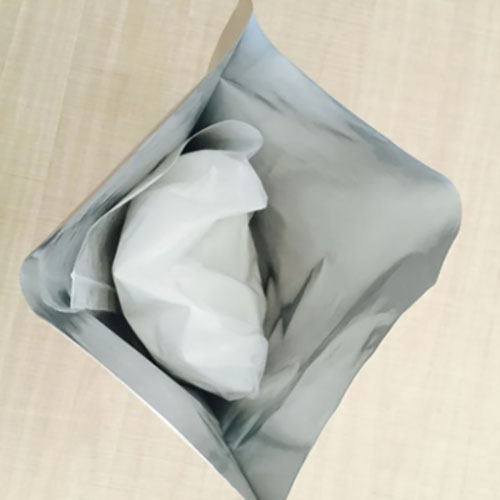
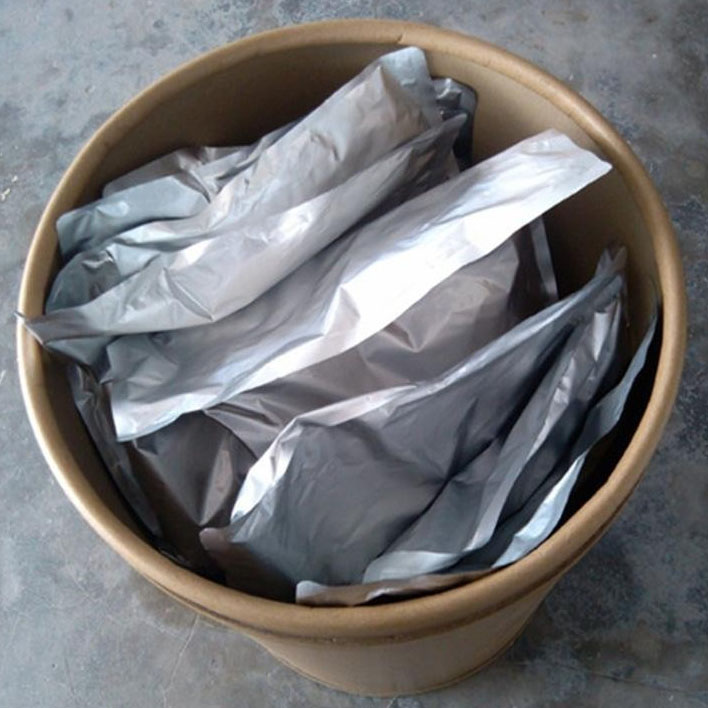
| Composition | Pd2(dba)3·CHCl3 |
| Assay | 99% |
| Appearance | white powder |
| CAS No. | 52522-40-4 |
| Packing | Small and bulk |
| Shelf Life | 2 years |
| Storage | Store in cool and dry area |
| Certification | ISO. |





